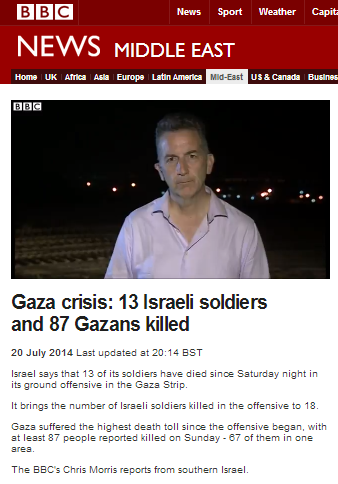1) The New Statesman carries an edited version of the Holocaust Memorial Day lecture delivered by Howard Jacobson.
“It isn’t that we expected the world suddenly to love us after the camps were liberated. We are wise in the ways of human psychology. We know that people turn against those to whom they feel obliged. It is hard to forgive those you have wronged, and we knew we would not be forgiven the Holocaust. But we thought anti-Semitism itself might take a short break – admit its errors, lick its wounds and go into hiding for a while. Embarrassment, if nothing else, would surely deter most anti-Semites from showing their faces. “Not yet,” we thought they’d say. “Not a good idea after what’s just happened.” What no one could have expected was the speed with which they found a way round any such compunctions, not least by denying that anything had happened at all. Holocaust – what Holocaust?”
2) At the JNS Ben Cohen discusses Poland’s ‘Holocaust complicity’ law.
“If the Polish government’s goal was simply to encourage greater awareness and education about Polish suffering under the Nazis, that would be a laudable goal. But by tying that aspect of Nazi rule so explicitly to the mass enslavement and extermination of the Jews, and by willfully misrepresenting documented evidence of Polish anti-Semitism and collaboration with the Nazis as a slander upon the Polish nation as a whole, they are engineering their own deserved failure, to the detriment of Poland’s people.”
3) The Meir Amit Intelligence and Terrorism Information Center has published a report on a campaign being run by the Palestinian Authority and others.
“In September 2017 Sheikh Muhammad Hussein, the mufti of Jerusalem and the PA, issued a fatwa forbidding the use of the Israeli curriculum in schools in east Jerusalem. He was joined by Sheikh Ikrima Sabri, the imam of al-Aqsa mosque. Sabri Sidam, the PA minister of education, said in December 2017 that his ministry would begin to take practical steps to implement Sheikh Muhammad Hussein’s fatwa. […]
The number of students in east Jerusalem who study the Israeli curriculum is continually rising. According to information from the Jerusalem municipality, during the current school [2017-2018] year 5,800 students in east Jerusalem study the Israeli curriculum, an increase of 14% over the previous year [2016-2017]. […] Meir Shimoni, director of the Jerusalem district in the ministry of education, said that “the surveys we carried out indicate that about 50% of the parents in east Jerusalem want their children to pass the Israeli matriculation exams”.
4) At the JCPA Dr Jacques Neriah discusses Turkey’s military presence in the Middle East.
“While Iran’s hegemonic ambitions in the Middle East have been under the world’s magnifying glass, Turkey has been silently projecting its military presence in the area to such an extent it has become a source of worry to the “moderate” Arab states and specifically to Egypt and Saudi Arabia.
Indeed, since its invasion of Northern Cyprus in 1974, Turkey had underplayed its military in the Middle East as a significant military power. The Syrian civil war, the emergence of ISIS, and the proliferation of radical Islam coupled with a president identified with the Muslim Brothers have all been instrumental in appearing to Turkey’s critics in the Arab world as “the new Ottomans.””


